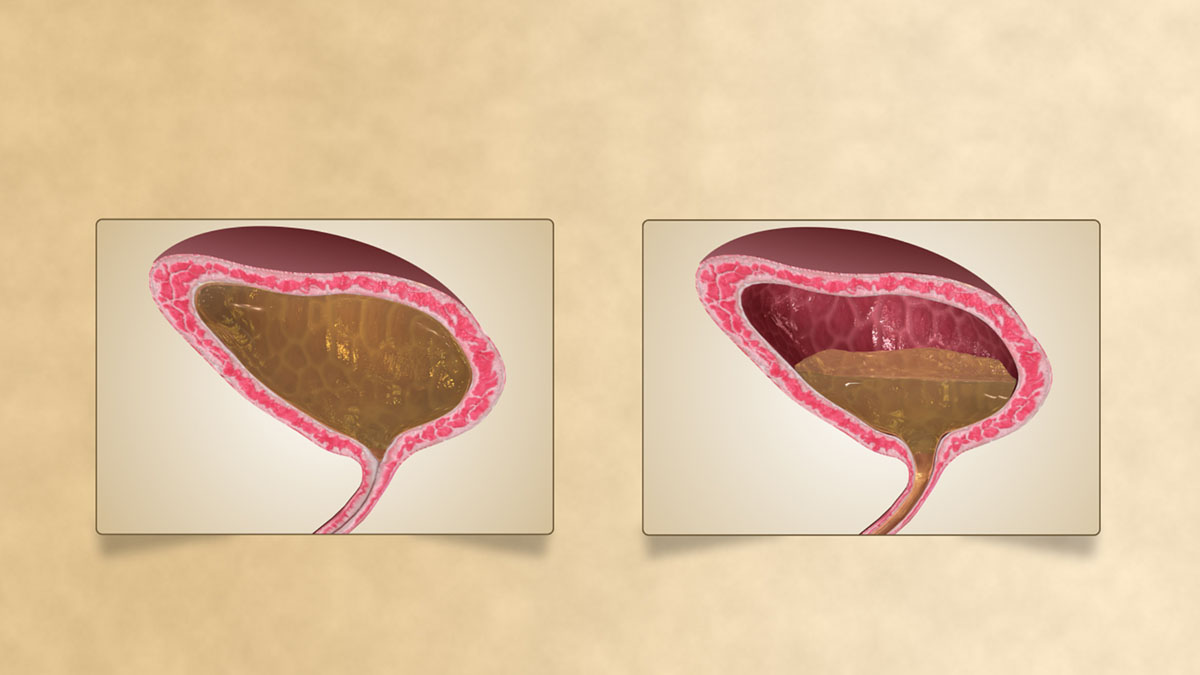
Overactive bladder syndrome is also known under the names irritable bladder and detrusor instability. This condition is characterized by the sudden uncontrolled bladder contractions, which tend to occur when the bladder is not even full. The bladder muscles involuntarily contract when one does not even want it. Overactive bladder syndrome occurs in every sixth adult person.
Symptoms of overactive bladder syndrome
One of the most common symptoms of this condition is the strong urge to urinate and usually, the person with this syndrome cannot control it and cannot delay urination. This urgency is more frequent than it is normal and sometimes the person must use the toilet more than seven times a day. Furthermore, this urge occurs even at night and more than once and this is called nocturia. Some people who suffer from overactive bladder syndrome may experience a leaking of urine before they can reach the toilet.
Causes of overactive bladder syndrome
The main cause responsible for the development of overactive bladder syndrome is not completely established yet. However, there are several potential causes for the appearance of this disorder. Detrusor is the name for the bladder muscle and it is normally relaxed while the bladder stretches itself because it is filling up. When the bladder is approximately half filled, we get the urge to urinate. The people with a healthy bladder have the ability to hold on and go to a toilet when they want. In those people who have overactive bladder syndrome the bladder sends the signal of complete fullness to the brain and when this happens, the bladder itself contracts and the person gets a strong urge to urinate. This action cannot be controlled. When overactive bladder syndrome occurs, it is highly recommended to change the diet and lifestyle habits since, for example, with the increased consummation of alcohol, caffeine and nicotine the symptoms of this condition may aggravate. Sometimes, some other medical conditions may develop the symptoms of overactive bladder syndrome and among these conditions are stroke, multiple sclerosis and Parkinson’s disease. Moreover, when one has the urine infection or stones in the bladder, similar symptoms may appear.
Treatment of overactive bladder syndrome
There are several things that people with this syndrome may do in order to help themselves. It is important to stop consuming alcohol, caffeine and nicotine. Furthermore, there are medicines that are prescribed for the relaxation of the bladder. The patient is also thought how to control the bladder with Kegel exercises.



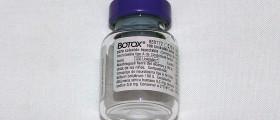
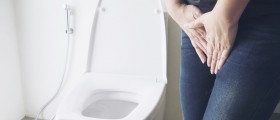



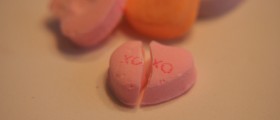






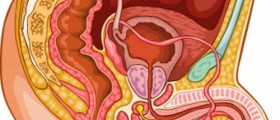

Your thoughts on this
Loading...